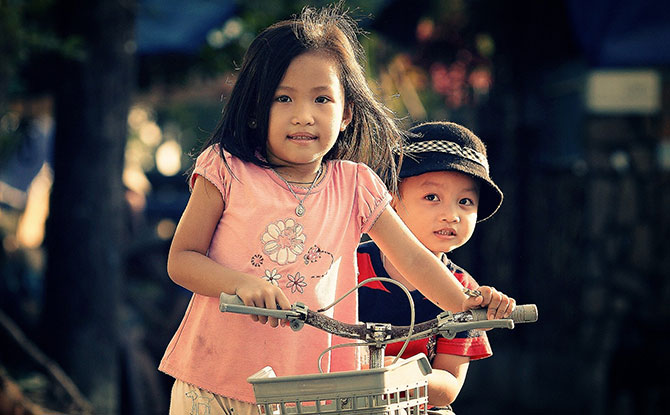
“If you’re ever working with me and I hear you treating another colleague with disrespect, talking down to someone, I will fire you on the spot.” These words were spoken by Joe Biden at a virtual swearing-in ceremony with his staff.
Why did this even have to be said? After all, shouldn’t adults know how to treat others with kindness and respect.
Unfortunately, this isn’t always the case. Kindness is something that is hard to measure in a person.
At the Heart of Parenting
When it comes to raising children, kindness is probably not something that is foremost in our minds. It does not receive the attention it deserves. Instead, more attention is usually paid to academic results and other achievements. Just think about where we spend most of our money when it comes to our children.
FREE FOR LITTLE DAY OUT PARENTS: Sign Up for a Free Trial with ACT 3 Academy to Find Out If Drama Classes are Right for Your Child
3 Recycling Adventures: Fun Ideas For Kids & Families
1:1 & Small Group English Lessons: How to Get Personalised, English Help
Yet, kindness is important. Without kindness, our kids run the risk of growing up to be narcissistic and lacking in empathy. Without kindness, our kids can end up heavily focused on chalking up achievements, even at the expense of others.
Esther Wojcicki, author of How to Raise Successful People: Simple Lessons for Radical Results, wrote that kindness is “at the heart of what parenting really is: bringing children into the world and hoping they’ll make it a better place.”
Teaching Kids About Kindness
So how can we nurture kindness in our children? Here are some thoughts on practical actions we can incorporate into our day-to-day parenting.
1. Common courtesy: Make it a point to have kids say simple things like “Good morning” or make eye contact. This is an acknowledgement of someone else’s presence and value.
2. Helping to carry groceries: This may be a simple act but reflects an attitude of helping others and sharing part of the burden (literally). Even young children can do their bit to help carrying appropriately-downsized groceries.
3. Holding the door or giving way to others: This is another simple act that allows kids to practise showing consideration to others.
4. Gratitude: Make it a point to teach kids to say “thank you” – whether it be to teachers, the server in a restaurant or even yourself. One ritual that you can try at dinner time is to have everyone share something that happened that day that they are grateful. It is an opportunity for reflection and for kids (and adults) to articulate gratitude.
5. Pretend play: Young children like to play make-believe. Pretend play as someone else can be a good way for children to step into another person’s shoes and take on a different perspective.
6. Reading books on kindness: There are some beautifully written books about kindness and empathy that you can read to your kids. Two that come to mind are The Rainbow Fish and The Giving Tree.
We can all take small steps to being kinder to one another.
As a closing thought, here is a quote from Dr Wayne Dryer, “When given the choice between being right or being kind, choose kind.”

















